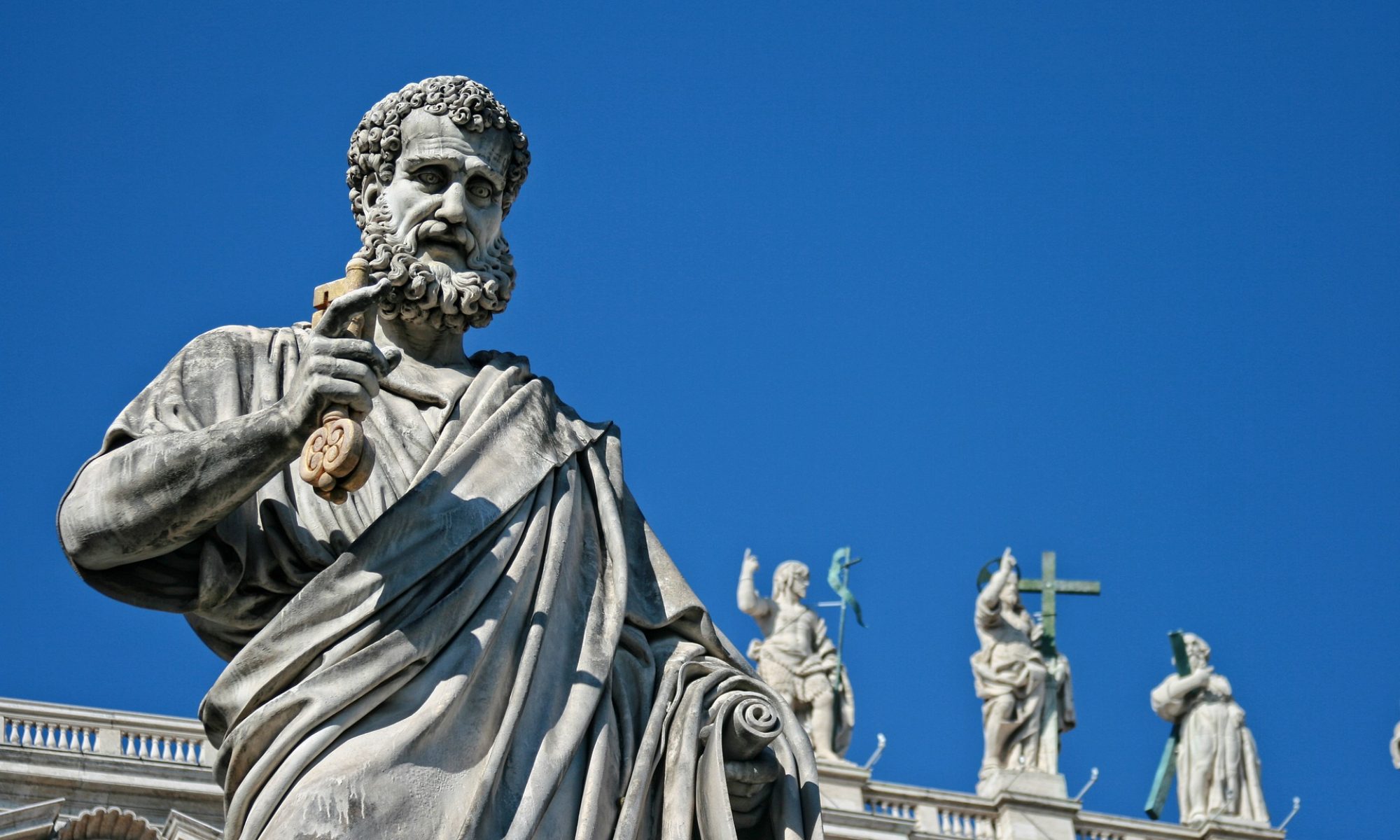November 30th, 2014
“Marriage is between a man and a woman”. “Unborn life is as precious and unique as any life”. “Euthanasia is an unwarranted abuse of human freedom”. “Adoptive children have the right to have a father and a mother”. These are standard Roman Catholic positions on various hotly debated moral issues of our generation. So what’s the fuss about it? They were spoken and argued for by Pope Francis in two different speeches over the last few weeks.[1] After months of confusing messages sent by him about homosexuality (“Who am I to judge?”), the good in every “loving relationship” be it married or not, the need for the Church to stay away from the heat of present-day ethical debates, his uneasiness towards anything “non-negotiable”, Pope Francis has finally said things “Catholic”. While he has always aligned himself to traditional Roman Catholic moral theology (he is the Pope, after all!), he has never gone public on these issues in such a clear-cut way and in such a short period of time.
The Aftermath of the Synod
This “Catholic” month by the Pope comes after the Synod on the family where the Catholic Church experienced a turbulent time of controversy among high-rank cardinals and bishops. Some progressive voices pushed for an update of the Church’s moral stance on human sexuality and human relationships. Strongly supported by secular public opinion, all applauding this “revolutionary” Pope, sectors of the Church thought that the gap between the Church and the Western masses could be bridged by the Church adopting a more relaxed, less confrontational approach to these issues. The 2014 Synod witnessed a clash between these voices and more traditional ones, resulting in a temporary stand-still waiting for next year’s Synod, which will be re-convened on the same topic.
Where does Pope Francis stand in all this? In the months preceding the Synod, he repeatedly advocated for a “outward looking” Church, i.e. a Church less concerned with dogmas and moral principles and more interested in getting closer to people, irrespective of their individual choices and deliberately abstaining from passing moral judgments on their moral lives. This consistent stream of messages seemed to create a sort of momentum and to form the background for significant changes in the Church that the Synod was meant to introduce. Things went differently, however. In the meantime, significant criticism by important circles of the Catholic Church became outspoken and hit the Pope himself for his wavering and blurred words. This “Catholic” month by Francis can be thought of as a reassurance that he stands for the traditional moral teaching of the Church and has in no way changed his mind. After months of pushing a seemingly progressive agenda, the Catholic pendulum is swinging the opposite way in order to regain stability until the next move.
Where Does He Stand?
A standing question remains though. Where does the Pope really stand on these issues? How do we account for this apparent U-turn? Who is able to grapple with what he has in mind? And, more generally, do we really know where he stands on a number of key doctrinal and pastoral points? So far, he has been keen to build bridges with all kinds of people, movements, and networks. A growing number of people around the globe call the Pope “a friend”. Many evangelical leaders are in their midst. They have the impression that the Pope is very approachable and a transparent person, easy to become familiar with and quick to tune in. He seems to speak their language and to understand their hearts. He appears to be close to everyone. The evidence, however, is more complex. He is certainly capable of getting close to all, calling anyone “brother” and “sister”, but how many people know what lies in his heart? He is certainly able to combine evangelical language, Marian devotions, and “politically correct” concerns, while retaining a fully orbed Roman Catholic outlook. Do we really know Pope Francis? How much of this complexity is the result of him being a Jesuit? How much do we know about the depth of his theology and the all-embracing nature of his agenda?
The Bible wants our communication not to be trapped in a “yes” and “no” type of language at the same time (2 Corinthians 1:18-20) but to speak plainly about what we have in our hearts. Pope Francis’ language tends to say “Yes, yes” and “No, no” with the same breadth. The Word of God also urges us “to speak truthfully” (Ephesians 4:25) and to avoid “twisted words” (Proverbs 4:24). No one can throw a stone here because in this matter we are all sinners. Yet what the Pope has been saying so far did send contradictory messages. This “Catholic” month has shown an important side of Pope Francis, but the full picture is still a work in progress. The impression is that so far we have been collecting only superficial sketches of the Pope and that the real work is still to be done.
[1] To the Association of Catholic Medical Doctors (Nov 15th, 2014): http://w2.vatican.va/content/francesco/it/events/event.dir.html/content/vaticanevents/it/2014/11/15/medicicattolici.html and to the Humanum Colloquium on the complementarity of man and woman in marriage (Nov 17th, 2014): http://w2.vatican.va/content/francesco/it/speeches/2014/november/documents/papa-francesco_20141117_congregazione-dottrina-fede.html.
